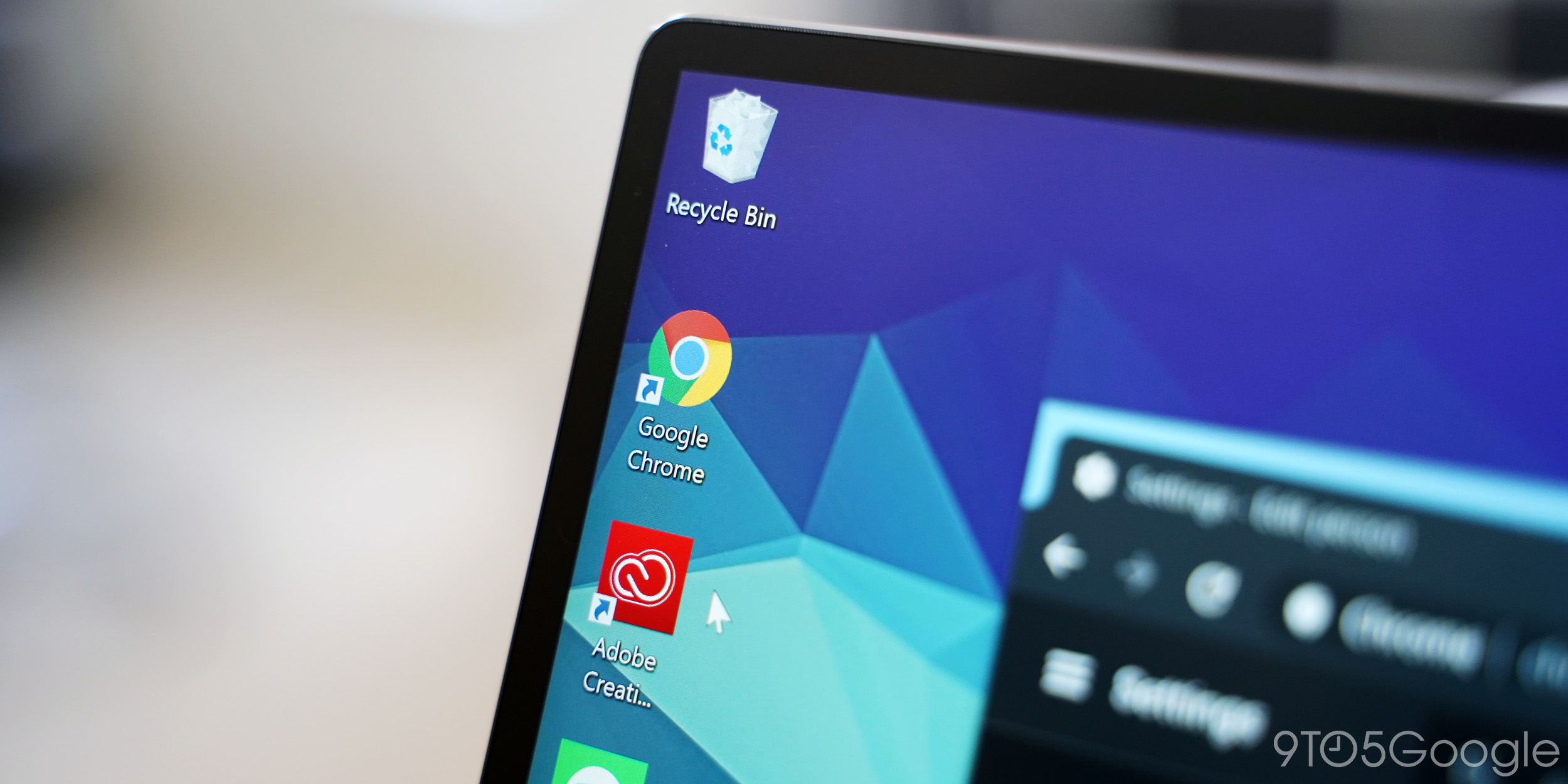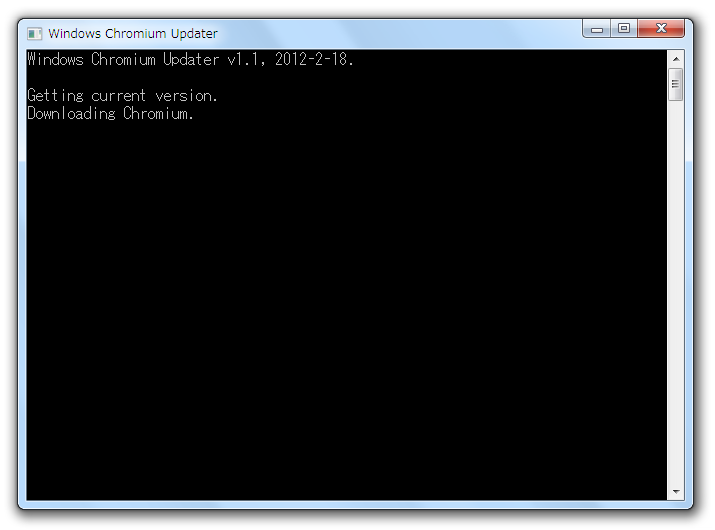

Also, they found part of the new malware`s source code was leaked on underground forums. Hackers can also use Rilide for spying activities, like monitoring browsing history and taking screenshots.Īccording to researchers, other similar browser extensions are advertised and ready to be used. Snatching cryptocurrency is not the only superpower the new malware has. The next step is to steal their cryptocurrencies. Using forged dialogs, the malware lures unsuspicious users to disclose their two-factor authentication (2FA). But what makes it stand out from the crowd is the capability to simulate dialogs.

Just like other malware strains, Rilide also uses malicious browser extensions. The new Rilide malware targets Chromium-based browsers like Google Chrome, Microsoft Edge, Brave, and Opera.

I tried this on Windows XP and it works fine, so it looks like it is a Windows 7 specific problem.Researchers discovered a new malware that fakes legitimate Google Drive extensions to inject malicious scripts and steal cryptocurrency. I have heard of 'chrome portable' but I would like to avoid using this if possible as it is not an 'official' version. I have noticed that it does work if you put it onto a USB stick and run it from there - why would it work on a USB stick but not a network drive? I'm using Windows 7 by the way. When I want to do an upgrade or something else, if it was all on a network drive I would just have to change one folder, rather than go onto everyone's PCs. The reason I want to do this is that I want Chrome to be available to everyone on the network without them having to install it. Has anyone else come across this problem or found a way around it? I can open it but cannot navigate to any web pages. However, if I move the chrome folder onto a networked drive (say, Z:), it stops working. It seems to work fine without installing it - just unzip the folder and open chrome.exe and everything just works without having to install.


 0 kommentar(er)
0 kommentar(er)
